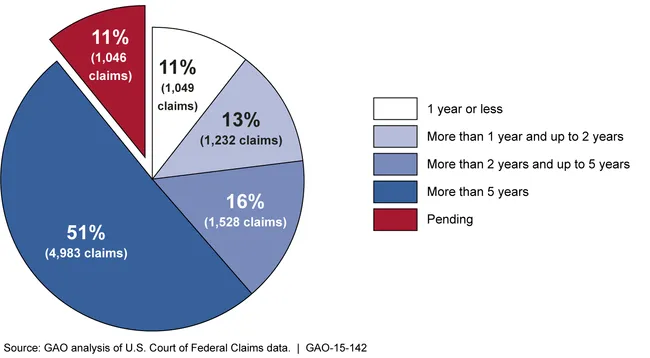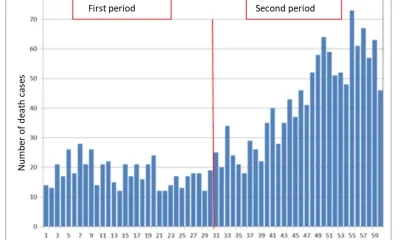Health
New Study Looks to Provide Scientific Support to the Vaccine-injured Community
This study aims to collect a robust dataset on the experiences of those who report adverse effects post-vaccination.

In an unprecedented effort to illuminate the obscure realm of COVID-19 vaccine-related injuries, researchers have embarked on a groundbreaking study. Spearheaded by Linda Wastila of the University of Maryland’s Peter Lamy Center on Drug Therapy and Aging, and supported by the patient advocacy group React19, this study aims to collect a robust dataset on the experiences of those who report adverse effects post-vaccination.

The study unfolds against a backdrop of medical enigmas and a public yearning for clarity. As Wastila articulates, one of the greatest hurdles faced by vaccine-injured individuals is the “lack of medical and health acknowledgement,” an issue this research is poised to confront head-on. By meticulously gathering data through a comprehensive survey, the team intends to shed light on symptom patterns and the efficacy of various treatments, illuminating a path forward for patients and healthcare providers alike.

Participants, drawn from the community of those who have reported their experiences to the U.S. vaccine injury database, will delve into their pre-vaccine health status, enumerate their symptoms, and chart the medical journey that followed their inoculation. Through this, React19 hopes to compile “the most comprehensive and complete record of COVID-19 vaccine injured to date,” potentially catalyzing a paradigm shift in understanding and managing vaccine injuries.

This study, running on the fuel of volunteer effort and unaided by external funding, stands as a testament to the urgency of its mission. It bypasses the red tape of funding processes, propelled instead by a pressing need for insights that could not wait for the slow machinations of grant approvals.

The eventual findings, which are anticipated to draw from thousands of real-world experiences, promise to not only guide future scientific inquiry but also offer immediate solace and solutions to those affected. Beyond the immediate scope, this study may serve as a beacon, prompting further research and potentially influencing policy reforms around vaccine injury reporting and compensation.
In a landscape where patient voices often struggle to be heard, this study amplifies their experiences, weaving them into a tapestry of data that could reshape our collective understanding of COVID-19 vaccine safety. The message is clear: each individual’s experience post-vaccination holds value, and when pieced together, these narratives can guide us to a deeper comprehension and a more empathetic medical response.
Stay Vigilant!
-

 News2 days ago
News2 days agoSenator Ron Johnson Drops Bombshell Preliminary Findings From Investigation Into Trump Assassination Attempt
-

 Featured7 hours ago
Featured7 hours agoSpecial Report: Secret Service Director Kim Cheatle Resigns Amid Controversy
-

 News10 hours ago
News10 hours agoElon Musk Says Son “Dead” Thanks to Woke Mind Virus Putting Son on Puberty Blockers
-

 Politics8 hours ago
Politics8 hours agoMike Cernovich on How Democrats Are Gearing Up to Steal the 2024 Election






























